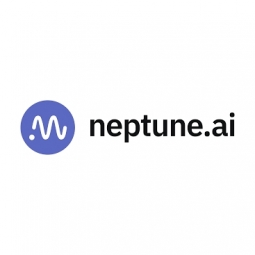Overview
 |
Optimizing Infrastructure Design with Continuum Industries' Optioneer Engine and NeptuneNeptune.ai |
Application Infrastructure & Middleware - Database Management & Storage Infrastructure as a Service (IaaS) - Cloud Databases | |
Cement Construction & Infrastructure | |
Product Research & Development Quality Assurance | |
Construction Management Time Sensitive Networking | |
System Integration Testing & Certification | |
Operational Impact
With Neptune, the Optioneer team can easily keep track of and share the results of their experiments, monitor production runs, track down, and reproduce errors much faster than before. They have much more confidence in the results they generate and in how the new versions of Optioneer engine were built. They can understand the performance of their algorithm at any given time with all the engine-related metadata recorded to Neptune through their weekly Quality Assurance CI/CD pipelines. Before Neptune, getting all that functionality required an order of magnitude more time. Now, they have more trust in their algorithm and more time to work on the core features rather than tedious and manual updates. | |
Quantitative Benefit
Neptune improved their entire workflow, saving significant time. | |
Neptune allows for easy tracking and visualization of different types of data. | |
Neptune offers total flexibility in the metadata structure, allowing for more efficient data management. | |


